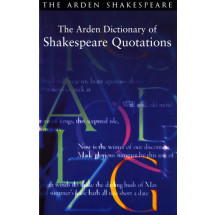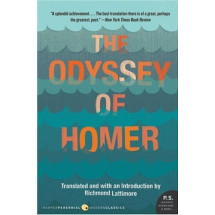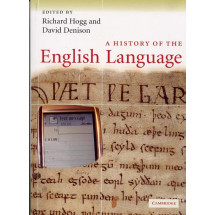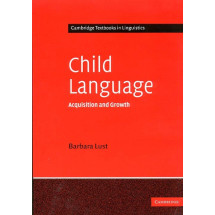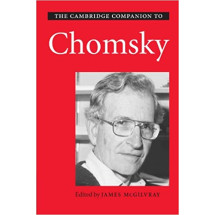No writer has served as such a powerful source of inspiration for other writers, or attracted such varied and widespread comment, as William Shakespeare. From West Side Story, Ivan Turgenev's A Lear of the Steppes, Tom Stoppard's Rosencrantz & Guildenstern Are Dead to Polish poet Zbigniew Herbert's "Elegy for Fortinbras," Shakespeare's presence in literature and theater has been powerful and pervasive.
Now, in After Shakespeare, editor John Gross brings together a lively gathering of writings that testify to that presence. More passionate and more personal than most Shakespeare criticism, these pieces reveal much more directly Shakespeare's effect on the generations of writers and thinkers who came after him. Novelists, poets, and playwrights are all represented, as one would expect. But Shakespeare's influence extends beyond the expected to philosophers, historians, composers, film-makers, and politicians. Here we see how Shakespearean characters and motifs fueled the genius of Goethe and Dostoevsky, Aldous Huxley and Emily Dickenson, John Updike and Duke Ellington, Marcel Proust and Grigor Kozintsev. We see Shakespeare the man firing the imaginations of Kipling, Joyce, Borges, and Burgess. Herman Melville writes a poem about Falstaff. D. H. Lawrence anatomizes Hamlet, (revealing much about his own aesthetic in the process). R. K. Narayan describes a Shakespeare lesson in an Indian classroom. John Osborne adapts Coriolanus. Eugene Ionescu reworks Macbeth. We even see Shakespeare's power to console the lonely prisoner in the writings of Alfred Dreyfus and Nelson Mandela.
Wide-ranging, surprising, and written with refreshing immediacy, After Shakespeare brings together a collection of writings that not only reflects Shakespeare's enduring spirit but brilliantly embodies it.



